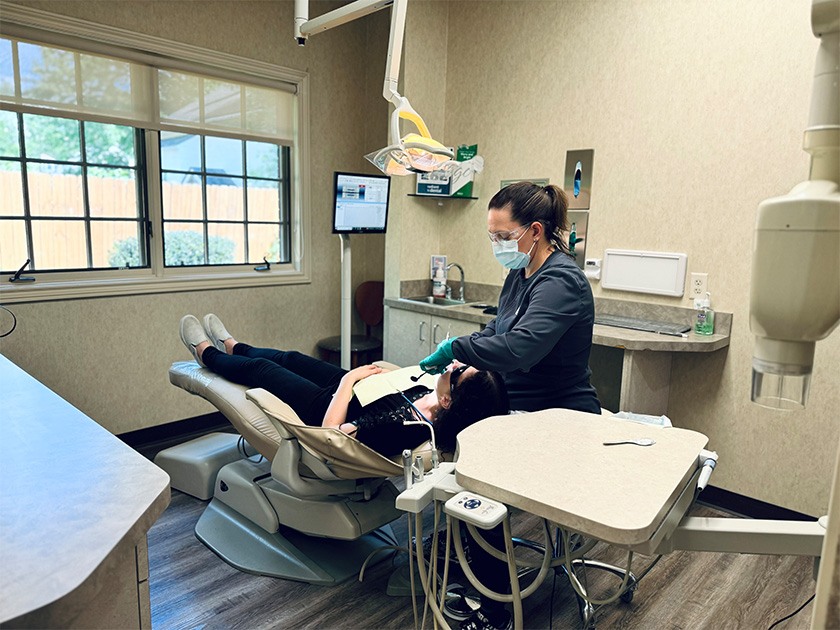
Dental implants have become the gold standard for replacing missing teeth—and for good reason. They look, feel, and function like natural teeth while helping preserve the health of your jawbone and surrounding teeth. But if you’re considering implants, you might wonder: How long do dental implants actually last? The answer depends on several factors, but with proper care, dental implants can last a lifetime.
Understanding the Structure of a Dental Implant
To appreciate how long implants last, it helps to understand their design. A dental implant consists of three main parts:
- The implant post: A small titanium or zirconia screw surgically placed in the jawbone. It acts as the tooth root and fuses with the bone in a process called osseointegration.
- The abutment: A connector that attaches the implant post to the crown.
- The crown: The visible part of the tooth, custom-made to match your natural smile.
While the implant post itself can last for decades or even a lifetime, the crown may eventually need replacement due to normal wear and tear—usually after 10 to 15 years.
Average Lifespan of Dental Implants
When properly placed and maintained, dental implants boast an impressive success rate of over 95 percent. The implant post can last 25 years or more, often for life. However, several factors influence their longevity, including your oral hygiene habits, lifestyle choices, and overall health.
The crown or restoration on top may need to be replaced sooner than the implant post. Daily use, grinding, or biting hard foods can wear down the crown over time, but this is a relatively simple replacement that doesn’t require altering the implant itself.
Factors That Affect How Long Implants Last
Oral Hygiene
The most important factor in implant longevity is how well you care for your mouth. Regular brushing, flossing, and dental cleanings prevent gum disease and peri-implantitis (inflammation around the implant), which can compromise its stability.
Lifestyle Choices
Smoking and excessive alcohol use can reduce blood flow to the gums, slowing healing and increasing the risk of implant failure. Avoiding these habits helps your implant remain healthy and secure.
Bone Density
Healthy bone is essential for supporting an implant. Conditions like osteoporosis or untreated gum disease can weaken bone structure over time. Your dentist may recommend a bone graft before implant placement if bone loss is an issue.
Dental Habits
Using your teeth to open packages, chewing on ice, or grinding your teeth can damage the crown or even stress the implant. A night guard can protect your investment if you grind your teeth while sleeping.
Professional Care
Regular checkups allow your dentist to monitor your implants and catch potential issues early. Professional cleanings also remove plaque and bacteria that daily brushing might miss.
How to Make Your Dental Implants Last a Lifetime
- Brush and floss daily using a soft-bristled toothbrush and non-abrasive toothpaste.
- Visit your dentist twice a year for exams and cleanings.
- Maintain a balanced diet that supports bone health.
- Avoid smoking and limit alcohol consumption.
- Wear a mouthguard if you grind your teeth or play sports.
Dental implants are designed to be a long-term, often lifelong, solution for missing teeth. While the crown may need replacement after several years, the implant post itself can last for decades with the right care. By maintaining good oral hygiene and healthy habits, you can ensure your dental implants stay strong, functional, and beautiful for a lifetime—giving you confidence in your smile for years to come.
About the Author
Dr. Reem Saywa has more than a decade of experience practicing dentistry. She earned her dental degree from the University of Detroit Mercy Dental School, and since then has become a Certified Invisalign Provider. Dr. Saywa consistently takes continuing education classes to improve her skill set. She’s also a native of Farmington Hills! If you’re in the market for dental implants, we can help! Just schedule an appointment online or call us at (248) 855-4850.


